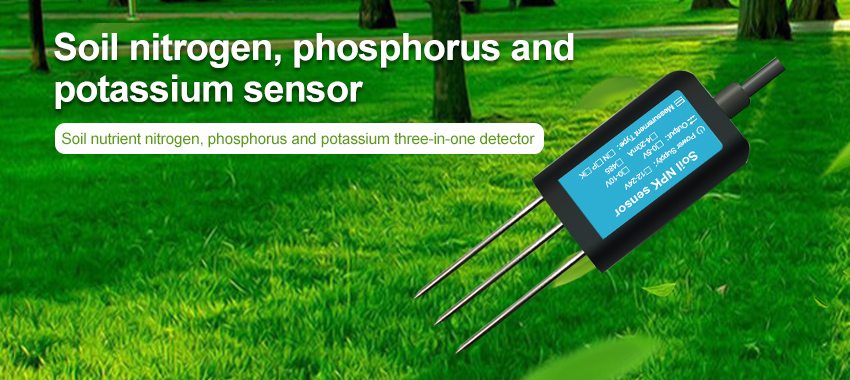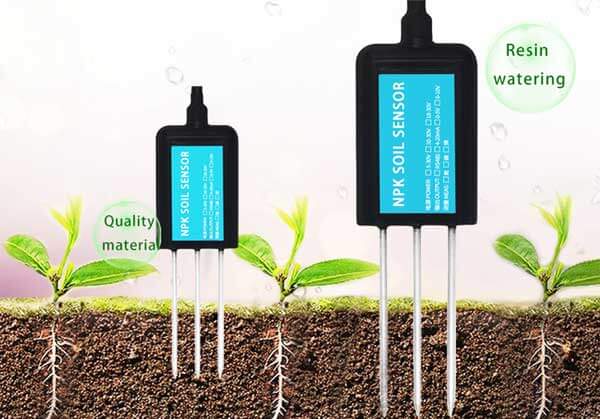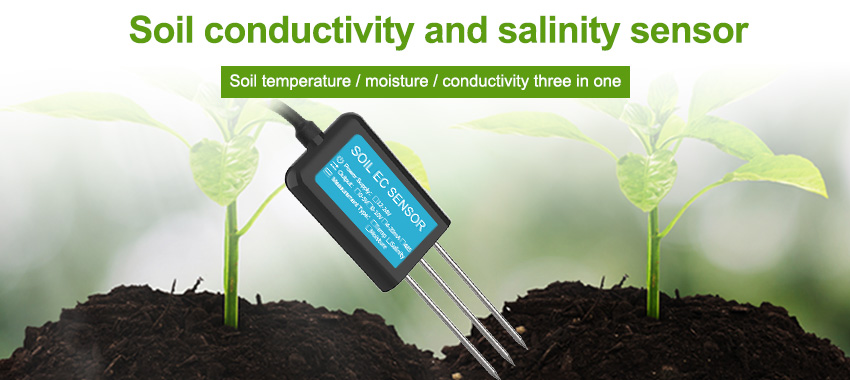Soil health plays a vital role in sustainable agriculture, ensuring optimal crop growth and productivity while minimizing environmental impact. Advanced sensor systems have emerged as valuable tools for monitoring and assessing soil health parameters. This article explores the importance of monitoring soil health, discusses the key parameters to consider, and highlights the role of advanced sensor systems in achieving sustainable agriculture practices.

Introduction:
Soil health is a critical component of sustainable agriculture as it directly affects crop productivity, nutrient availability, water retention, and overall ecosystem balance. Traditional farming practices often overlook the importance of monitoring soil health, leading to inefficient use of resources and increased reliance on chemical inputs. By adopting advanced sensor systems, farmers can gain real-time insights into soil health parameters, enabling them to make informed decisions and implement sustainable agricultural practices.
Importance of Monitoring Soil Health:
Monitoring soil health is essential for several reasons:
a) Optimal Nutrient Management:
Soil health monitoring helps farmers understand nutrient levels in the soil, enabling them to apply fertilizers precisely. This avoids both underuse and overuse of fertilizers, optimizing nutrient availability for plants while reducing the risk of nutrient runoff and environmental pollution.
b) Water Conservation:
By monitoring soil moisture content, farmers can optimize irrigation practices. This prevents water wastage due to over-irrigation and ensures that crops receive adequate moisture when needed. Efficient water management reduces water consumption, lowers energy costs, and conserves this increasingly scarce resource.
c) Disease and Pest Management:
Monitoring soil health parameters can provide early warning signs of potential disease and pest infestations. This allows farmers to take preventive measures, reducing the need for chemical pesticides and promoting natural pest control methods. It minimizes environmental harm while maintaining crop health.
d) Soil Erosion Prevention:
Monitoring soil health helps identify erosion-prone areas. With this knowledge, farmers can implement erosion control measures such as contour plowing, cover cropping, and terracing. These practices prevent soil erosion, reduce sediment runoff into water bodies, and maintain healthy soil structure.
e) Carbon Sequestration: Healthy soils are essential for carbon sequestration, contributing to climate change mitigation. Monitoring soil organic matter levels and implementing appropriate management practices can increase carbon sequestration potential, enhancing the overall sustainability of agricultural systems.
Key Parameters for Soil Health Monitoring:
Several key parameters need to be considered when monitoring soil health. These include:
a) Soil Moisture: Monitoring soil moisture content helps farmers optimize irrigation practices, preventing waterlogging or drought stress. Advanced sensors provide real-time data on soil moisture levels, enabling precise water management strategies.
b) Soil pH: Soil pH affects nutrient availability to plants. Regular monitoring helps farmers adjust pH levels through lime or acidification, ensuring optimal nutrient uptake by crops.
c) Soil Nutrients: Assessing nutrient levels such as nitrogen, phosphorus, and potassium is crucial for proper fertilization. Advanced sensors provide accurate measurements, reducing the risk of nutrient deficiencies or excesses.
d) Soil Organic Matter: Monitoring soil organic matter content helps evaluate soil fertility and carbon sequestration potential. It guides farmers in implementing practices that enhance soil organic matter, such as cover cropping and compost application.
e) Soil Temperature: Soil temperature influences seed germination, microbial activity, and nutrient availability. Continuous monitoring aids in determining optimal planting times and managing crop growth stages.
f) Soil Compaction: Monitoring soil compaction levels helps identify areas with poor soil structure. It allows farmers to implement measures like deep tillage or cover cropping to improve soil aeration and root development.

Role of Advanced Sensor Systems:
Advanced sensor systems have revolutionized soil health monitoring and management. They offer several advantages:
a) Real-Time Data: Advanced sensors provide real-time data on various soil health parameters. This allows farmers to make immediate decisions based on accurate information, optimizing resource usage and crop management practices.
b) Precision Farming: Sensor systems enable site-specific management by monitoring soil health parameters at multiple locations within a field. This granularity helps farmers tailor their management practices according to the specific needs of different areas, maximizing productivity and resource efficiency.
c) Wireless Connectivity and Automation: Advanced se
